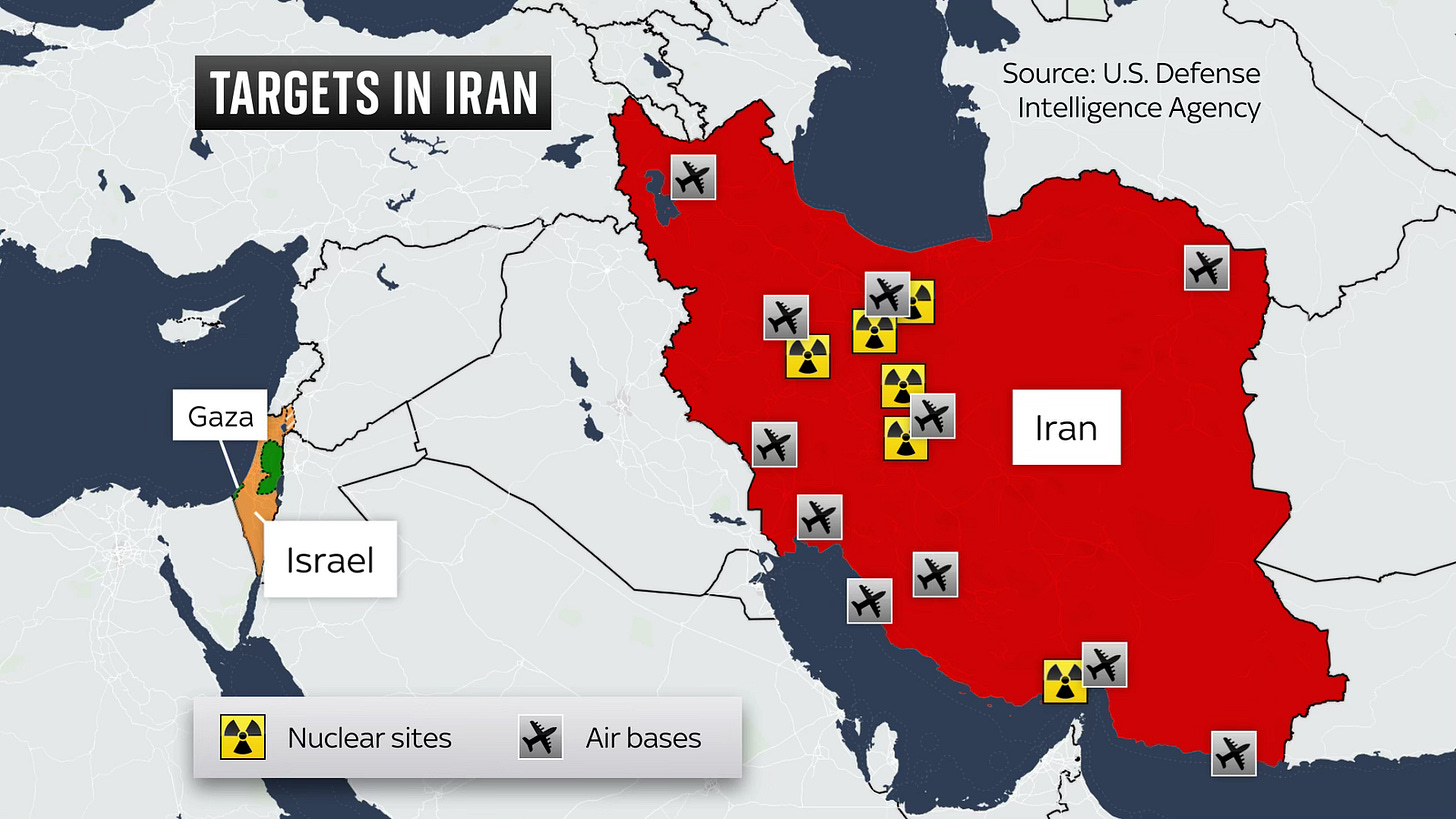US, Israel, Still Far Apart on Iran Nuclear Threat
CIA analysts dispute Netanyahu’s claim of Iran “months” away from making a bomb
Prime Minister Benjamin Netanyahu, speaking late Thursday shortly after Israel began its attack on Iran, claimed that in recent months Tehran had taken unprecedented “steps to weaponize” its large stockpile of enriched uranium. This new development, he said, indicated Iran was developing a nuclear weapon that could be ready for use against the Jewish state "in a matter of months," thus compelling Israel to strike “preemptively.”
But Susan Miller, a recently retired senior CIA official who served as the agency’s station chief in Israel, said Friday her soundings of current intelligence officials revealed no change in the U.S. intelligence community’s long standing threat assessment that Iran is not making a dash for a nuclear weapon despite its uranium enrichment.
“They are not developing a bomb right now,” Miller told SpyTalk in a text.
Miller’s assessment mirrored that of Director of National Intelligence Tulsi Gabbard back in March.




